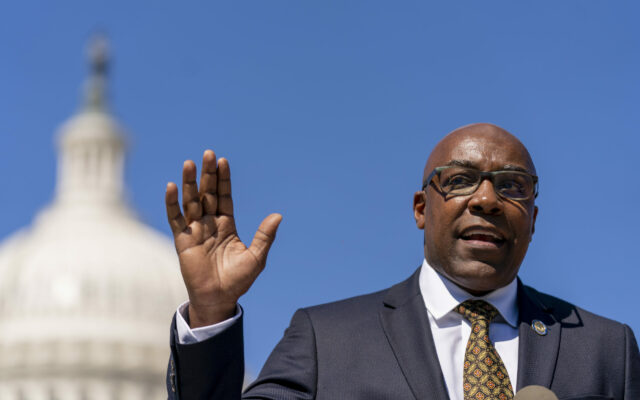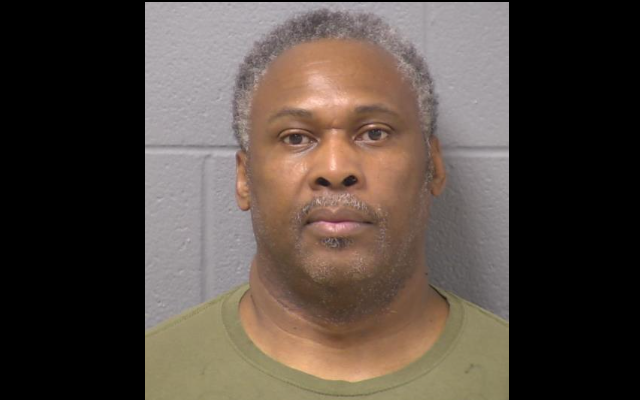Illinois Supreme Court to release ruling Tuesday on no-cash bail case

Whether the state will allow cash bail or not will soon be decided by the Illinois Supreme Court.
On Friday, the court announced that Tuesday it would release an opinion in the case Rowe v. Raoul, the challenge state’s attorneys from across the state brought against the Safety, Accountability, Fairness, Equity-Today Act.
The criminal justice reform measure narrowly passed in early 2021 and was modified several times since then. One component on hold because of the challenge removes cash bonds statewide as part of how county prosecutors can assure criminal defendants show up for trial.
Kankakee County State’s Attorney Jim Rowe led the challenge when the case was heard by the Illinois Supreme Court in March.
“And for the sheriff, the sheriff has to ensure effectively the safety of every law enforcement officer under his charge,” Rowe said. “This act requires them to serve for instance notice to appear and then a warrant on two occasions. We’ve now doubled the number of instances where law enforcement is going to have to come into contact with perhaps a fugitive or a very dangerous individual.”
Supporters of ending cash bail argue such policies allow for wealthy people to buy their way out of jail while those of lesser means languish behind bars pending trial.
During the 2022 election season, criticism of the no-cash bail provision made national headlines when it was featured on the popular podcast The Joe Rogan Experience.
“The ‘SAFE-T’ law,” Rogan said as he read from a news account of the measure. “They’re essentially eliminating cash bail for almost everything dangerous … It’s crazy, I mean everyone’s freaking out.”
Critics said unchanged, the SAFE-T Act included no-cash bail for serious crimes an individual could be let out of jail pretrial, like murder, arson, kidnapping and more. Lawsuits continued to stack up ahead of the act’s implementation. Gov. J.B. Pritzker in December 2022 signed amendments to the law that clarified criminal defendants could be held pretrial for serious crimes and clarified that law enforcement can arrest someone who is trespassing, but only after first issuing a citation.
Pritzker argued in March the policy makes things more safe and fair.
“Keeping violent criminals in jail, not allowing them to have bail, but taking nonviolent criminals and saying that there’s no reason for us to have pay for you to sit in jail when you can’t afford the few hundred dollars to get out of jail,” Pritzker said.
With the ruling on the SAFE-T Act anticipated, some have called foul because of perceived conflicts within the Illinois Supreme Court. Last year Pritzker gave the campaign committee for two successful candidates for the Illinois Supreme Court $1 million each. He previously said it was “ridiculous” to think they should have recused themselves.
“And I’ve certainly never asked anybody to vote a certain way, or decide on a case a certain way,” Pritzker said. “I would never do that. I never have and I never will.”
Motions for Justices Elizabeth Rochford and Mary O’Brien to recuse themselves in a separate case challenging Illinois’ gun and magazine ban were denied by the justices and the court. A decision in that case heard in May is still pending.
Alongside the SAFE-T Act ruling to be released by the Illinois Supreme Court Tuesday is an opinion in the case State of Illinois v. Wayne Washington. That case deals with a false murder confession through coercive interrogation where the petitioner was denied a certificate of innocence by a lower court.
Illinois Radio Network






